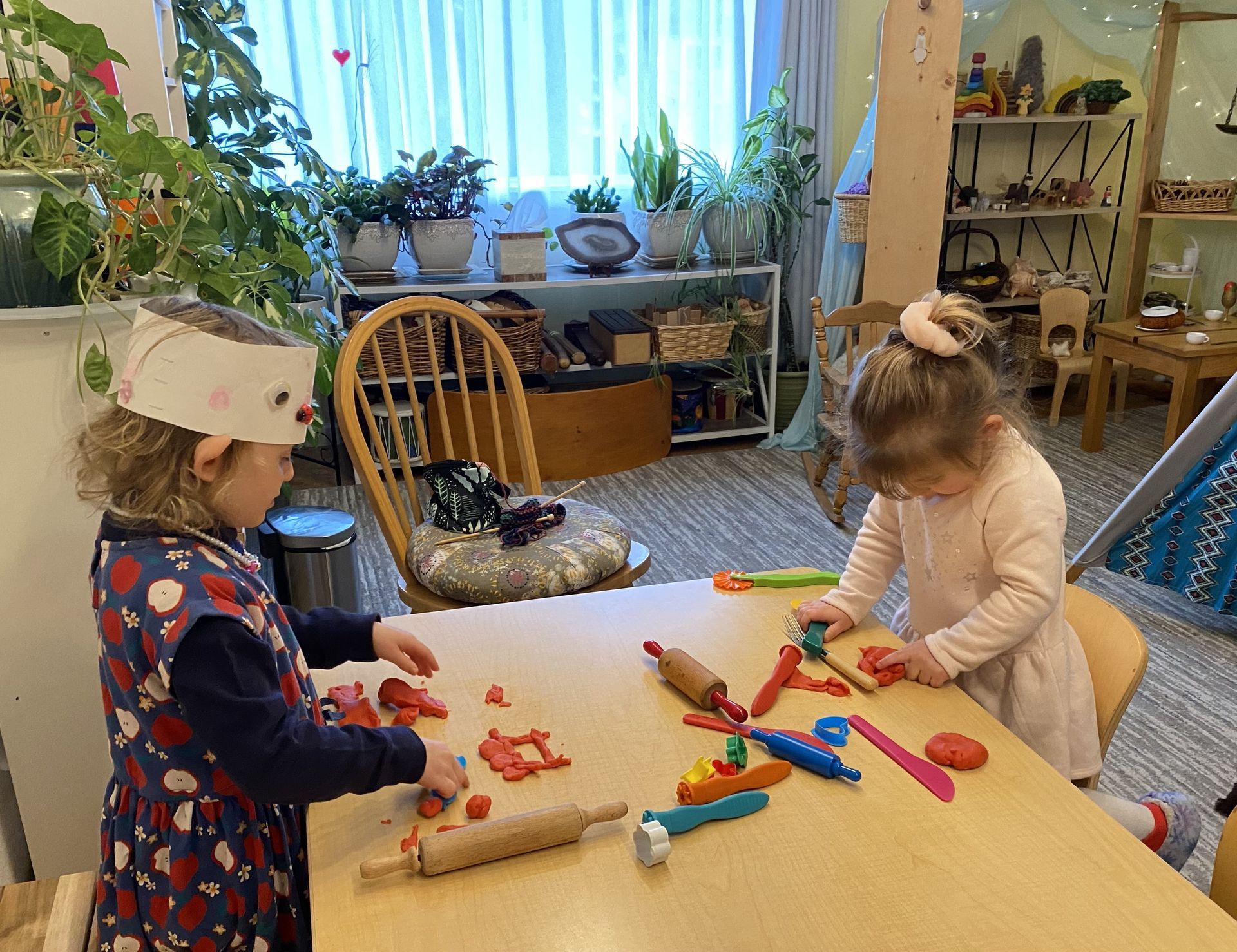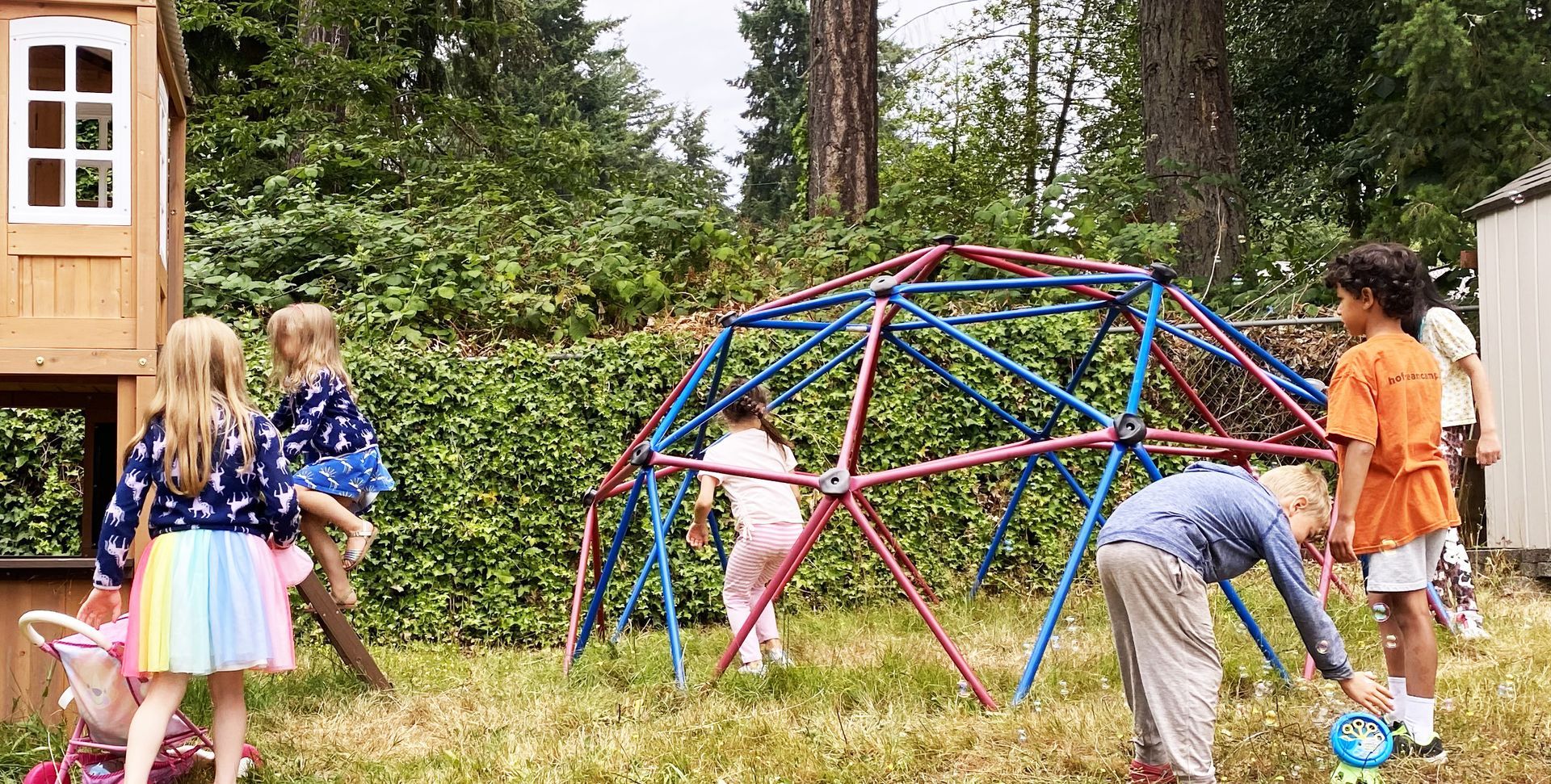Waldorf education begins with the premise that childhood is made up of three distinct stages of roughly seven years each—birth to age seven (early childhood), seven to 14 (middle childhood), and 14 to 21 (adolescence).
Each stage shapes the way children feel about and approach the world—intellectually, emotionally, physically, and spiritually—which, in turn, shapes the way they learn. Waldorf educators believe that curricula and teaching methods should be appropriately tailored to these developmental stages, each evolving as childhood unfolds.







